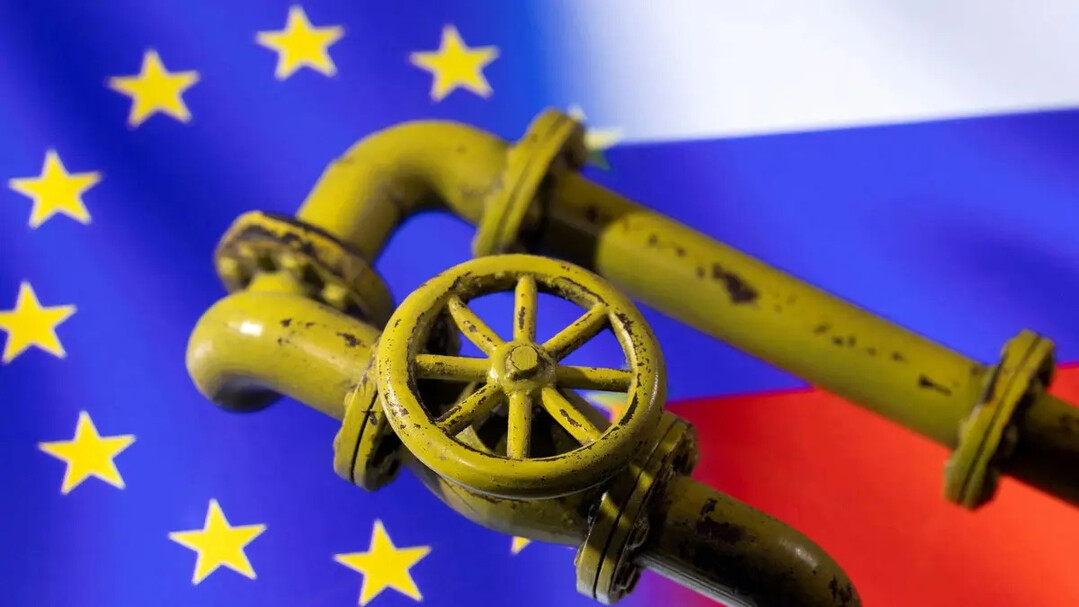
LUXEMBOURG — European Union member states have reached a landmark agreement to fully phase out all remaining Russian gas imports, including Liquefied Natural Gas (LNG), by the end of 2027. The decision, a crucial step in the bloc's drive for energy independence following Russia's full-scale invasion of Ukraine, was formalized by EU energy ministers in Luxembourg on October 20, 2025.
The Council's position, based on a European Commission proposal, lays out a concrete, legally binding schedule for the ban. Specifically, new gas import contracts from Russia will be prohibited starting January 1, 2026. Existing short-term contracts signed before mid-June 2025 are permitted to continue until June 17, 2026, while long-term contracts must be terminated or allowed to expire by January 1, 2028, effectively setting the final deadline for the full import ban of all Russian gas. The regulation now moves to negotiations with the European Parliament, which has previously advocated for an even faster phase-out, suggesting a swift conclusion to the legislative process is likely.
The measure was passed with overwhelming support, with 25 out of the 27 member states voting in favour, achieving the 'qualified majority' needed for trade restrictions. Only Hungary and Slovakia, which remain heavily reliant on Russian pipeline gas, opposed the plan, citing concerns about energy supply security.
Despite a significant reduction since the war began, Russian gas, primarily in the form of LNG, still constitutes approximately 13 percent of the EU's total gas imports, valued at over €15 billion annually. The complete halt of these imports is expected to deal a considerable blow to Russia's energy industry and war chest. The EU's action aligns with a broader transatlantic strategy, having come shortly after pressure from the United States to accelerate the reduction of Russian fossil fuel purchases. The phase-out is a central component of the EU’s REPowerEU initiative, aiming to secure Europe’s energy future and resilience.
[Copyright (c) Global Economic Times. All Rights Reserved.]




























